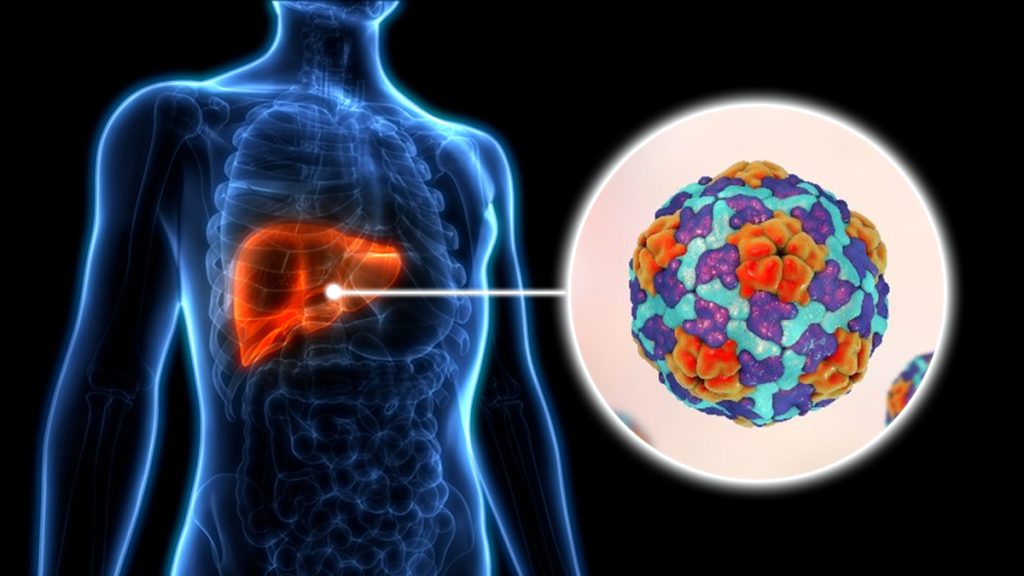Reports say over 15,000 Ghanaians succumbed to Hepatitis B and C, with an average of 42 deaths per day, predominantly affecting young men and women due to liver failure and cancer.
The Director-General of the Ghana Health Service, Dr Patrick Kuma-Aboagye, revealed this during the Ghana Hepatitis Stakeholders’ Conference 2024 in Accra on Wednesday, September 18, 2024.
He highlighted that Ghana carries a significant burden of chronic Hepatitis C, leading to severe illness and untimely deaths from liver-related conditions for many Ghanaians.
The high burden of these diseases is unevenly distributed between the northern and southern regions of the country, with the northern part bearing a greater load.
Dr. Kuma-Aboagye mentioned that despite the high prevalence of hepatitis B and C in the country, a small number of cases have been diagnosed due to limited testing capacity and inadequate reporting. He pointed out that it has been estimated that approximately eight percent of infants are born to mothers who test positive for hepatitis B at antenatal clinics every year.
Dr. Frank Lule, the World Health Organisation (WHO) Representative to Ghana, stated that globally, there are around 300 million individuals living with the disease, and more than a million new infections are documented annually.
“If you divide that, we are getting more than 3,000 people dying every day because of chronic viral hepatitis. And we are at a time when we have so many tools at our disposal to do something about the disease.
“We now have the diagnostics. The medicines available to us have never been cheaper than what they are now so I think we are at a time when we can really do something about this,” he explained.
He said concerted and coordinated interventions are needed to eliminate the disease. He urged stakeholders to help identify available gaps to eradicate the disease.
The WHO defines hepatitis as an inflammation of the liver that is caused by a variety of infectious viruses and non-infectious agents leading to a range of health problems, some of which can be fatal.
The five major strains of hepatitis virus are called types, A, B, C, D and E. While they all affect the liver, their mode of transmission, severity, geographical distribution and prevention methods differs.

